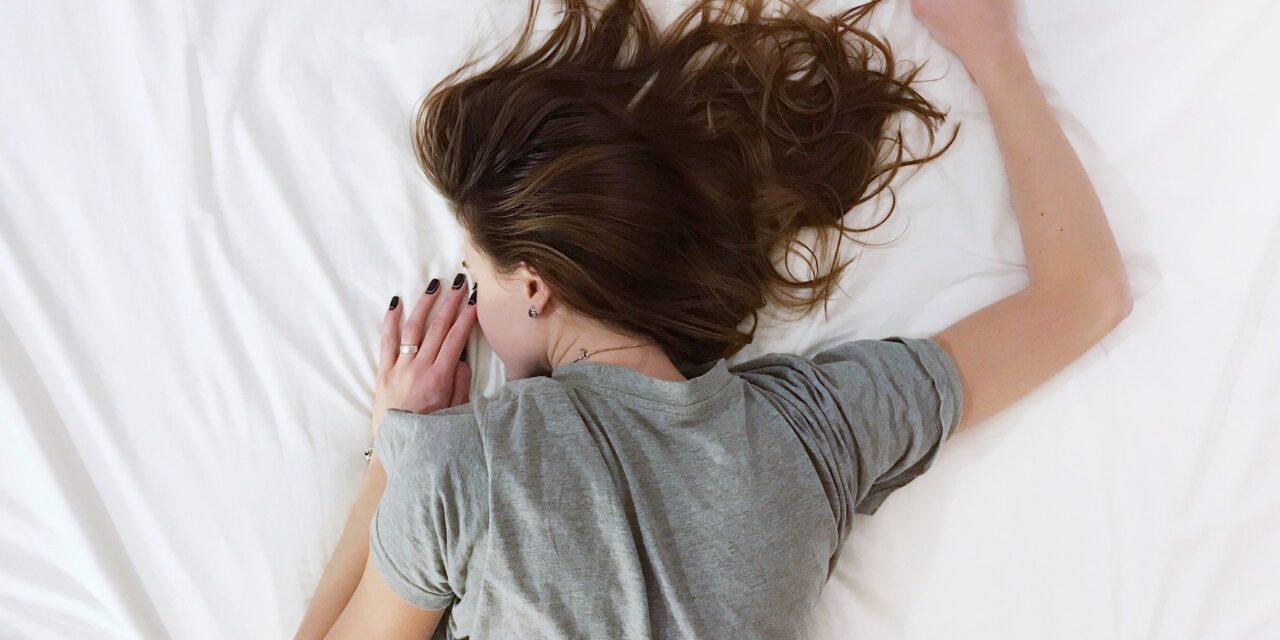In recent years, wearable sleep trackers have become popular tools for monitoring and improving sleep. But for some, the pursuit of a perfect night’s sleep is leading to a new problem: sleep anxiety and, paradoxically, poorer rest. This phenomenon, often referred to as “orthosomnia,” reflects an unhealthy obsession with achieving perfect sleep metrics, and it’s becoming a growing concern among sleep experts.
Sydney Stern, a 27-year-old health scientist from Maryland, experienced this firsthand. Excited to optimize her health, she began using a sleep tracker on her Apple Watch, knowing the importance of sleep for disease prevention. However, instead of improving her rest, the constant monitoring caused her anxiety.
“I was focused on getting seven hours of sleep every night because I knew there were diseases associated with fewer hours,” Stern said. “I was constantly checking the tracker, even at 4 in the morning, to see how I was doing.”
After a month of sleeplessness and stress, Stern made a crucial decision. “I consciously take the watch off at night and even put it in a different room,” she said. “Since giving it up, the only measure I have of sleep is when I put my head down on the pillow and how I feel when I wake up.”
Stern’s experience isn’t unique. As sleep trackers gain popularity, more people are developing an unhealthy preoccupation with their sleep data. This fixation can interfere with sleep, especially when the technology isn’t always accurate.
The Risks of Sleep Tracking
Modern sleep trackers collect data on heart rate, breathing, and body movements to estimate the duration and stages of sleep, such as deep sleep and REM sleep. However, these devices often work based on averages and may provide misleading information.
“The trackers do a decent job, but they often provide inaccurate measurements,” said Nicole Short, PhD, a clinical psychologist at the University of Nevada, Las Vegas. “We need to give context around the tracking.”
Brief wakeups during the night, for example, are normal as the body transitions between sleep stages and don’t necessarily affect overall sleep quality. Moreover, sleep needs are highly individualized, yet trackers tend to promote an idealized number of hours—typically around eight—that may not apply to everyone.
Chris Winter, MD, a neurologist and sleep specialist, echoes this concern. “The tracker will choose an ideal amount of sleep, like eight hours, and if you don’t get it, it dings you. You might only need seven hours of sleep. So take the ratings with a grain of salt.”
For some people, this can create a cycle of anxiety, as they strive to meet unrealistic goals. Those with perfectionist tendencies, like Stern, are particularly vulnerable. “I’m competitive, so I wanted to hit all the numbers,” she said. “I already hyper-schedule my life, so when I was scheduling my sleep and not hitting my targets, it caused anxiety.”
Returning to Self-Regulation
If you find yourself constantly worried about hitting sleep targets, it might be time to take a break from your tracker. Sleep experts suggest focusing on how you feel after a night’s rest rather than relying on the data from your device.
“It doesn’t have to be forever, but you need to rely on how you feel after a night’s sleep, not how your tracker tells you to feel,” said Robert Oexman, DC, chief science officer at iSense, a mattress company. Oexman recommends tracking sleep with a low-tech method, like a sleep diary, to self-report and reflect on sleep quality.
“When I use cognitive behavioral therapy with patients who suffer from insomnia, I have them track sleep by self-reporting in the morning,” said Short. “Sleep is fairly subjective, not objective like the trackers suggest.”
Ultimately, quality of sleep matters more than quantity. Instead of spending extra hours in bed chasing more sleep, try to optimize your routine for better-quality rest. Experts recommend keeping a consistent bedtime, creating a comfortable sleep environment, and avoiding activities like watching TV or working in bed. If an afternoon energy dip hits, a short walk outside can combat fatigue without disrupting nighttime sleep.
For those who find themselves overwhelmed by sleep trackers, a temporary or permanent break from the device can bring much-needed relief. “Do the things that are sleep promoting, and if the tracker qualifies, that’s fine,” said Winter. “But if you’re wigged out about the data, and it goes from providing insights to becoming an obstacle to sleep, it’s time to get rid of it.”
For people like Stern, going back to basics has been key. “Since giving up the watch, I just trust my body,” she said. “And I sleep better for it.”












